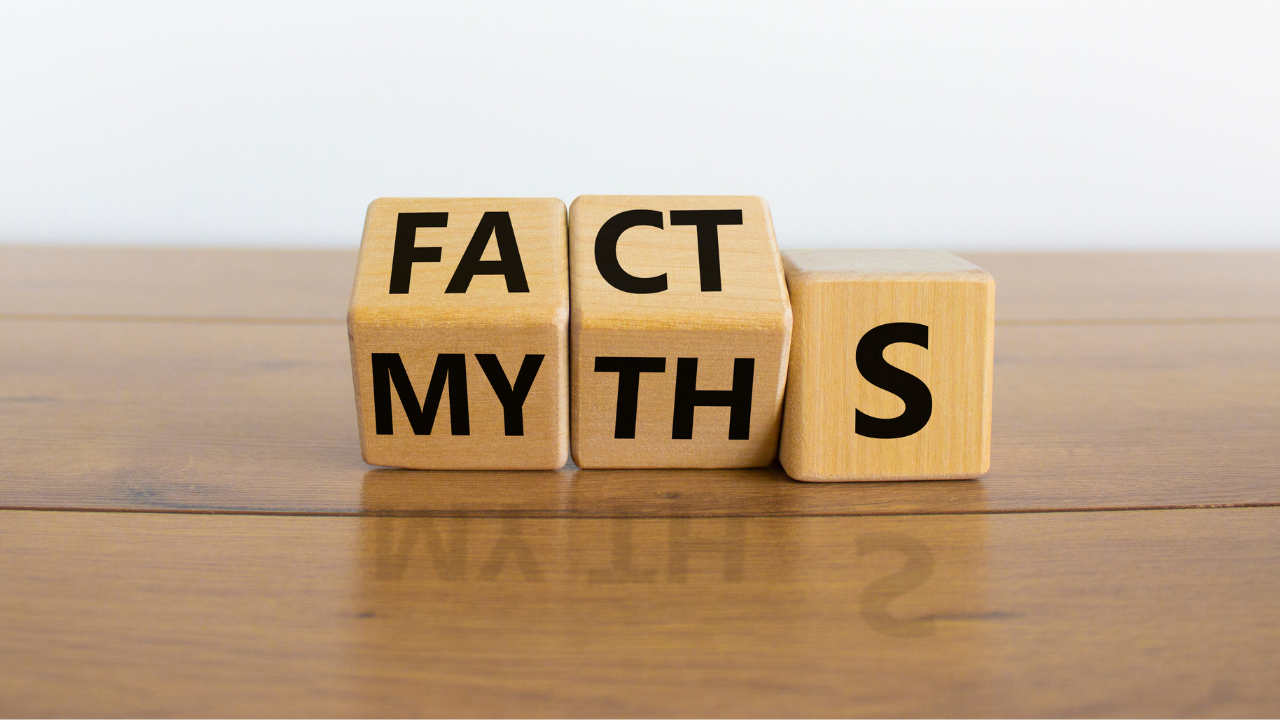Myths (and the Truth) Regarding Member Discipline
Sep 13, 2025
By Kelly G. Richardson, Esq. CCAL, HOA Homefront Column
One unpleasant but necessary aspect of board service is disciplinary action against unneighborly behavior by members. Rules and use restrictions, and member discipline, helps protect residents by ensuring neighborly behavior in the HOA community. However, per Civil Code 5855(g), certain requirements must be met or the discipline is “not…effective,” meaning unenforceable. Here are nine enduring myths regarding HOA discipline.
Myth #1: HOAs can impose any fine amount appropriate to punish the violating homeowner. Truth: Civil Code 5850(c) limits monetary penalties (aka “fines”) to those as stated in the HOA’s written list of penalties in effect when the violation occurred or $100, unless health or safety rules are involved. Without a list of fines, no fine can be imposed.
Myth #2: Committees can impose discipline. Truth: Under Civil Code 5855 discipline is imposed by the board.
Myth #3: Fines can be imposed without hearings so long as there is a “right to appeal” the notice. Truth: The disciplinary process under Civil Code 5855 must be followed – before ANY discipline is considered or imposed, homeowners must be given written notice of the hearing at least ten calendar days before that meeting.”
Myth #4: Homeowners may have an attorney or representative present at their discipline hearing. Truth: No, the law does not give this right. HOA hearings are not public court proceedings, but are meetings of neighbors addressing unneighborly behavior. Nothing in the law requires hearings to be conducted like criminal proceedings, with counsel, 5th amendment protections, and a jury of peers. Some governing documents allow homeowners to bring counsel to hearings, but these should be meetings between homeowners.
Myth #5: Homeowners have the right to be present, so if they don’t attend the hearing it cannot proceed. Truth: The statute requires the HOA to give the homeowner notice of the date, time, and place of the hearing (and the governing document provision violated), but doesn’t say that the hearing cannot proceed without the homeowner present. Boards should use their fair and reasonable judgment in determining whether to reschedule hearings, but rescheduling is not legally required.
Myth #6: HOAs can suspend voting rights and board eligibility in response to violations. Truth: HOAs cannot suspend voting rights, because voting rights are protected by Civil Code 5105(g). Unresolved rule violations is not a board eligibility standard allowed by Civil Code 5103(d)(2) and 5105(b),(c)(d).
Myth #7: The HOA cannot control tenant violations. Truth: The HOA has no direct control over tenants as non-members but can hold landlords responsible for the actions of their tenants or guests.
Myth #8: HOAs should keep imposing fines indefinitely until the problem is resolved. Truth: Fines are intended to deter, but when they don’t work, court action may be necessary. A cautionary tale is the 2008 Ritter v. Churchill case, where the HOA fined the homeowner $200 per day until the balance reached $77,000… and the court ultimately found no violation, costing the HOA hundreds of thousands of dollars in attorney fees.
Myth #9: Boards must punish all violations. Truth: Boards may decide not to pursue minor violations if circumstances warrant and if owners are treated equally. Sometimes warnings are sufficient.
Note: For many years, notice of the board’s decision must be issued within 15 days – now it is FOURTEEN days under amended Civil 5855(f).





